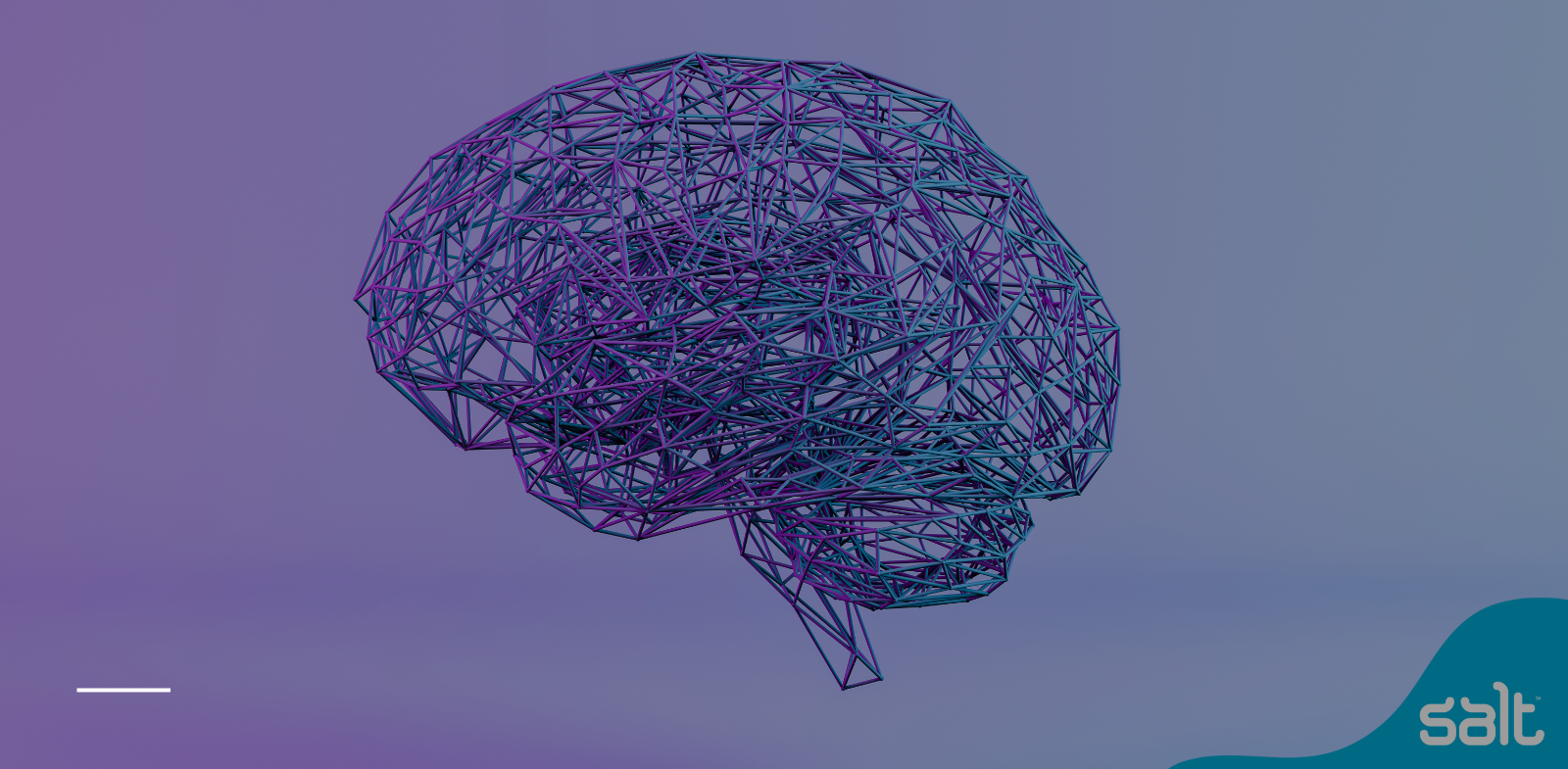
First Published: 07 August, 2024
Salt is a proud sponsor of DDO, and our talented team of creative, marketing, and technology recruitment experts were on hand to immerse themselves in the day’s programming. Read on for the team’s insights into how advancements in AI and data will shape the future of work in the marketing industry and beyond.
One of our team’s key takeaways from DDO was the importance of exploring how we can leverage AI to augment, not replace, human capabilities. Salt’s clients across multiple industries share this sentiment; with AI’s growing ubiquity, scepticism is increasing about the potential for AI to automate tasks and replace the team members required to perform these tasks. Research conducted by the World Economic Forum also supports this; the WEF interviewed 800 global business leaders for the Future of Jobs Report 2023, and nearly half of the leaders interviewed expect AI to be a net job creator in the next five years.
What we heard at DDO and what we’re witnessing in the market supports our belief that the future of work will not be human vs machine but human + machine.
The pace of change and adoption of AI has been both gradual and rapid; the phrase “artificial intelligence” was first used in 1956, signalling the birth of traditional AI, and AI has been shaping our Google queries for several years. However, it wasn’t until OpenAI released their content-generating large language model (LLM) ChatGPT in November 2022 that generative AI (GenAI) shot to the top of global business agendas. According to the Future of Jobs Report 2023, 75% of global businesses will adopt AI technology by 2027, while 80% of organisations will accelerate their use of automation during the same period. AI’s ability to tackle increasingly complex tasks demonstrates its potential to speed up processes, minimise costs, and reduce uncertainties. However, as our team heard during DDO, organisations and employees must take key considerations into account when leveraging AI.
AI’s power lies in its ability to automate routine tasks and analyse vast amounts of data. However, our collective responsibility is to apply our human skills to what we input into LLMs and the output we obtain from them to ensure a human connection with our target audience. We can apply this lesson throughout the campaign development process in the creative and marketing industries.
For example, ethical considerations, such as biases in AI algorithms, must be addressed. “Training” AI with prompts that remove gender and racial biases is crucial for ensuring fairness, but one could argue that this wouldn’t be necessary if we are mindful of the information we share in the first place.
Additionally, we must remember that AI cannot “read the room” or gauge the timeliness of marketing campaigns or content. With the digitalisation and globalisation of our world, campaigns and content are no longer “live” when they launch. They become “alive” and require human monitoring and, occasionally, intervention or extinguishing.
AI and data have a synergistic relationship; AI can identify data types, find possible connections among datasets, and recognise knowledge or expertise using natural language processing. AI can also automate and accelerate data preparation, including generating models and assisting in data exploration.
Thus, organisations are increasingly focusing on the quality of their data and implementing data hygiene best practices to eliminate “dirty data”, or data that is outdated, incomplete, duplicated, or simply incorrect. These best practices range from establishing data governance and uniform standards for inputting data to data cleansing activities, such as validating customer records and suppressing unhelpful data.
While labour-intensive, these activities have considerable internal and external benefits. Good data provides valuable insights into customers’ experiences, allowing businesses to identify gaps and opportunities for connecting with customers more meaningfully and personally and ultimately enhancing brand loyalty. Good data is also critical for improving internal operations by enabling informed decision-making, enhancing efficiency, and presenting opportunities for upskilling and collaboration within teams and across businesses.
The rapid rise of AI underscores the importance of operational agility, and AI is evolving so rapidly that, to stay competitive, organisations across all industries must adopt an agile mindset and encourage employees and teams to try, fail, learn, and try again, fostering a culture of innovation and resilience.
Cross-functional collaboration is also growing increasingly important. At Salt, many of our clients - especially in the tech space - are starting to embrace cross-functional teamwork through “squads” of IT specialists, product owners, developers, marketers, and C-Suite stakeholders. This approach will be familiar to agency-side creatives and marketers, who often work in cross-functional teams or “pods” on client accounts or projects, and it’s exciting that other industries are now adopting this way of working to leverage specialisation expertise. It will also undoubtedly create new opportunities for those working in cross-functional teams to develop transferable knowledge, skills, and abilities to support career transitions into emerging, AI-linked roles.
During DDO, we were encouraged to adopt an agile approach to embracing AI and “get in the game”. Business leaders support this approach, too; recent research published by the World Economic Forum found that two-thirds of business leaders surveyed said they wouldn’t hire candidates without AI skills, and nearly three-quarters said they would prefer to hire a less experienced candidate with AI skills than a more experienced candidate without them.
The prevalence and accessibility of GenAI tools and the options for upskilling – from formal learning to simply using AI tools in the workplace – means that “getting in the game” needn’t be overwhelming. And, if you’re looking for a masterclass specifically designed for marketers, we recommend you check out the “AI Meets Marketing” workshop hosted by the Marketing Association.
In the future of work, organisations will require strong leaders who, along with a solid understanding of the importance of data and data hygiene best practices, will champion an AI-enabled future. These leaders will understand the importance of adaptability and create an organisational culture in which their team members will view changes as opportunities instead of threats. Human skills, such as resilience, flexibility, and agility, are crucial in today’s workplaces, and our clients tell us they will place increased importance on these skills as automation impacts business operations and we move towards a human + machine future.
AI and data prevalence are reshaping the job market, presenting opportunities and challenges for organisations and employees. Embracing AI as a tool for growth and development is no longer a nice to have but a must-have and will ensure that you’re equipping yourself with the necessary skills and insights to thrive in the future of work.
Our team at Salt are specialists in every aspect of digital recruitment. We partner with our clients to place the best individual talent and create some of the most exciting digital teams globally. Our expert recruitment consultants are on the front line of seeing and experiencing the evolution of the talent landscape - to shape your future with Salt, get in touch with us! You can also upload your CV, search for jobs, or stay in the loop by following us on LinkedIn, Instagram, or Facebook.

Category

Contact us if you have any suggestions on resources you would like to see more of, or if you have something you think would benefit our members.
Get in TouchSign up to receive updates on events, training and more from the MA.
